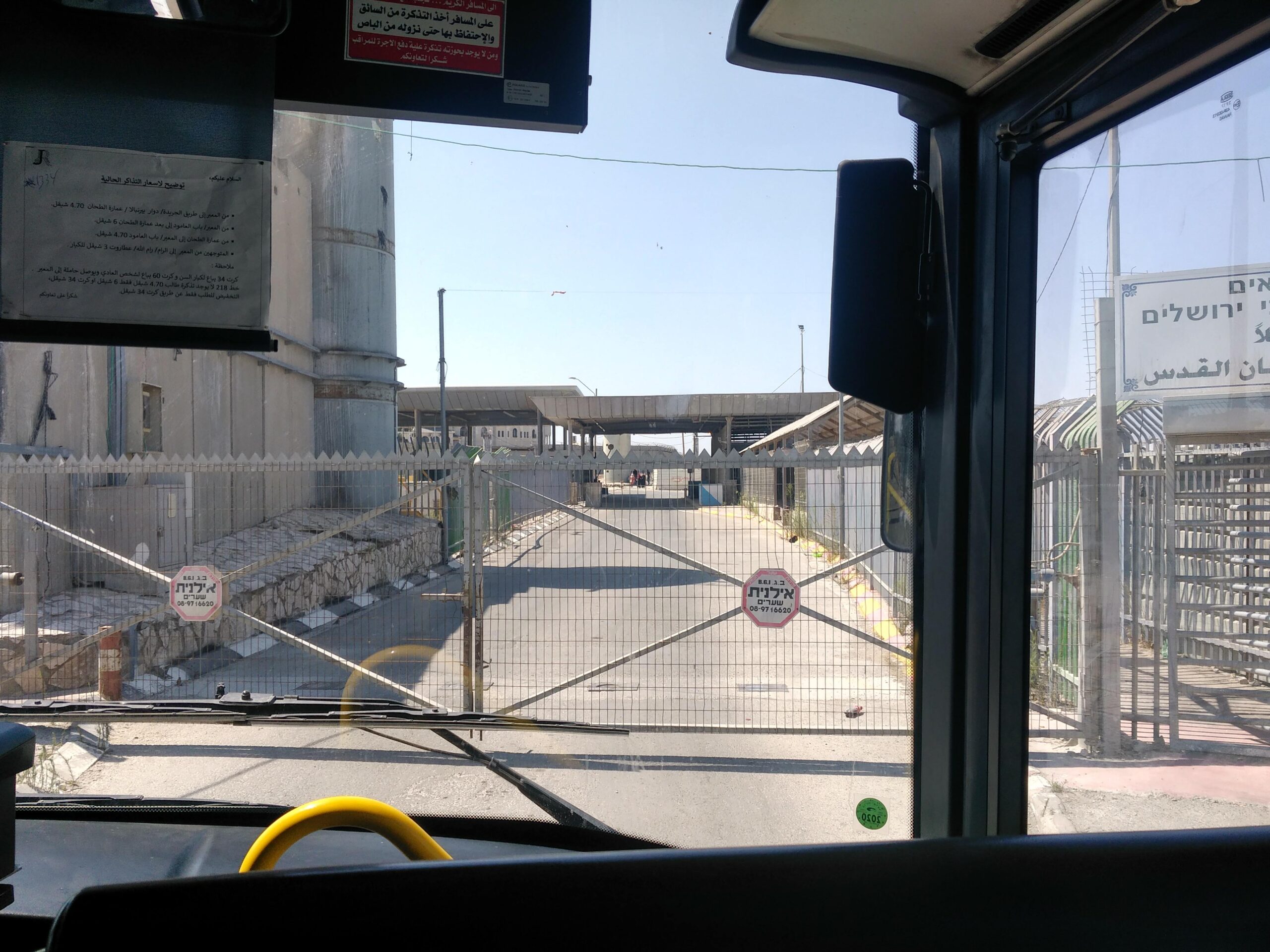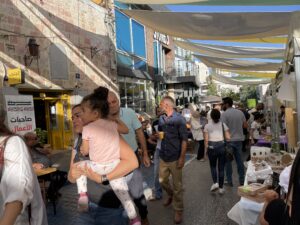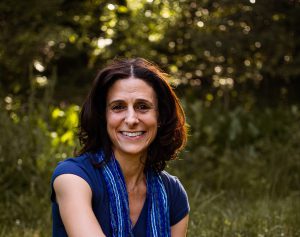Kids from east Jerusalem take on their parents’ fears of losing their residency rights. The stress of the corona virus pandemic doesn’t make things easier.
Three-year old Adam was screaming. Lately it feels like he is always screaming. We suspect that his six-year old sister, Forat, is giving him lessons. She also continues to scream on her own, in addition to the training she provides to Adam.
“No, Ima!” he yelled. “You – coffee!” He pushed me, or rather pushed my legs, because his head only reaches up to my thighs, in the direction of the kitchen. It was 6:30 am. My partner, Osama, was still sleeping, next to Forat, who had climbed into our bed in the middle of the night.
“Baba! Get up!” Adam screamed at Osama. He got into the bed, climbing on top of Forat’s head so that he could take Osama’s face in both hands. Forat woke up, screamed, and pushed him. He started to cry. Osama opened his eyes and then closed them.
“I’ll bring coffee,” I told him.
The children have been showing signs of stress lately. I don’t know if it’s a new phase in their development or if they are picking up on increased stress from us, in the wake of the pandemic. During the first lockdown, in the spring, Forat and Adam actually seemed to enjoy being home and not having to separate from us in the mornings. But during the second lockdown in the West Bank, in July, I was alone with them and very stressed. Now that I think about it, maybe I’m the one teaching Adam to scream. In the context of the pandemic, like in other contexts, our family is very lucky. And still, the pandemic is creating stress for Osama and me: financial worries, the stress of caring for the children when schools and childcare are closed and worry about elderly family members. I also worry that my stress stresses out the children.
We managed to calm the children and get them to school and preschool. But the problem of stress arose again in the afternoon, as I drove to pick up Forat from her music class. Seven-year old Amir was waiting for his mother to pick him up. I scanned Forat’s face as she entered the car.
“Forat,” I asked, “How was it today with Amir?”
“OK,” she said.
“Did he talk to you?”
“He’s not my friend, but if he asks me questions, I answer him and it’s OK,” she said. Last month, Amir started to bully Forat. It reached a peak when he addressed Osama, in Forat’s presence, and asked, “Do you wash her?” He then pointed to Forat and wrinkled his nose. Osama was horrified. He spoke to Amir’s mother, who promised to talk to her son. Since then, he seems to have left Forat alone.
“We are in heaven with Forat’s and Adam’s screaming,” Osama had told me. “You cannot imagine what the bigger kids do.”
I was indeed shocked to hear such a hurtful and precise insult from a seven-year old. When I met Amir a year ago, at the class, he was a sweet and talkative child. He liked showing me the new backpack his father bought him or playing a song he had learned on the guitar. One day, after class, he told me a long, convoluted story about the house his parents had bought in Jerusalem and that he and his sister live there and never go outside. When he finished his story and got into his mother’s car, the music teacher told me that his parents are east Jerusalem residents, and that the Israeli Ministry of Interior initiated a process to revoke their residency, claiming that they don’t live in Jerusalem. East Jerusalem, which was occupied in 1967 together with the rest of the West Bank, is home to about 350,000 Palestinians who are residents of Israel but are not citizens of any state. As part of a policy goal of having a clear majority of Jewish residents, relative to Palestinians, the Israeli authorities revoke the residence of Palestinians, claiming that they moved their “center of life” outside Jerusalem. Families facing that threat live in fear of being removed from the city or losing social services, including health care. They obsessively collect receipts for payment of electricity bills and municipal taxes, and they rehearse their interviews with the Ministry of Interior. The Ministry of Interior, on the other hand, hires detectives to interview neighbors and photograph family members in the mornings and evenings, to prove where they spend their nights. Amir’s parents, she told me, are periodically summoned to the Ministry of Interior to try to prove that they live in Jerusalem.
“But why does a six-year old child have to memorize information about the house in Jerusalem?” I asked. “The Ministry of Interior interviews him, as well?”
“No,” she said. “I think he’s just trying to protect his parents, by practicing the right answers to questions about where they live.” I felt compassion for the boy, who had picked up on his parents’ stress and was trying to help, with a confused story about the house in Jerusalem. And I felt compassion and concern for Forat and Adam, our strong, confident, beautiful children, who will one day be quizzed about who they are, or maybe selected for bullying by older kids, who themselves are under pressure and lash out. Their childhood is an occupation childhood, now also a pandemic childhood. And they are screaming about it.
“Forat,” I said, starting the car. “Remind me to be more patient with you and Adam, please. You two are the cutest heroes I know.”
This post was also published at haaretz.com on October 15, 2020:



